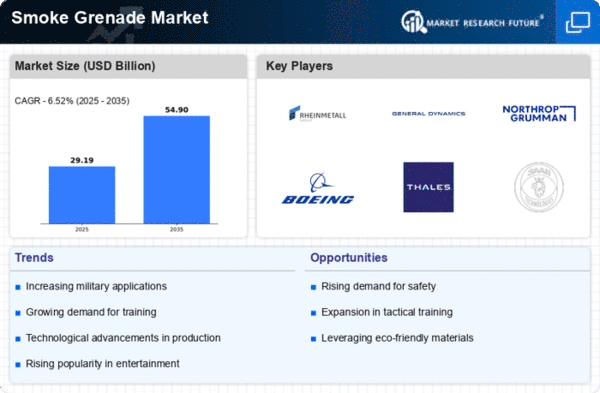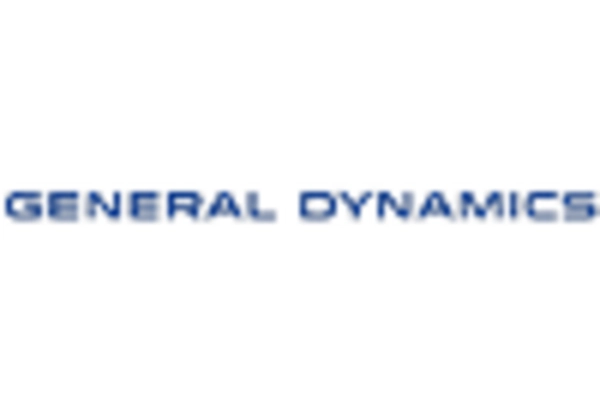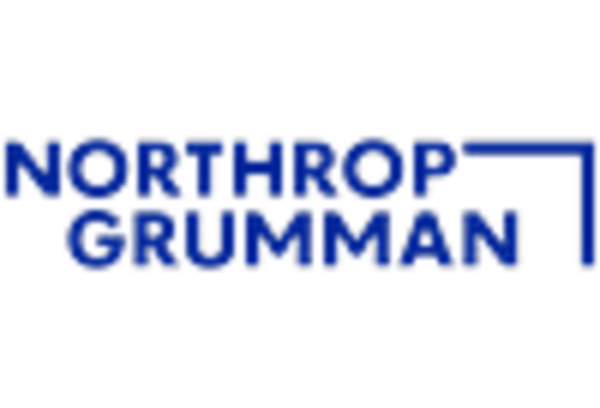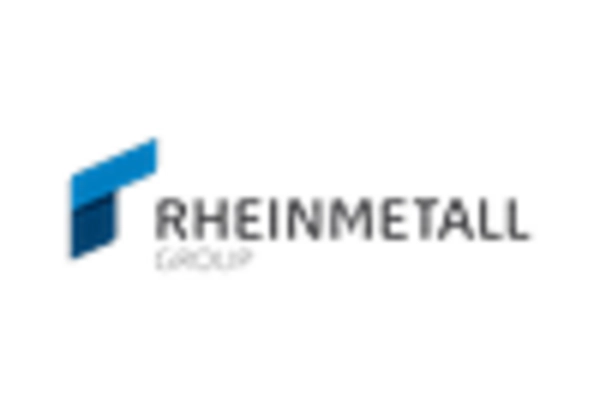Market Analysis
In-depth Analysis of Smoke Grenade Market Industry Landscape
Smoke Grenade market dynamics and growth are shaped by several market factors, which affect manufacturers, suppliers, and end-users. Global emphasis on military capabilities and defense system modernization is a factor. Defense agencies and governments invest much in tactical equipment, including smoke grenades, to improve strategic capabilities. Geopolitical uncertainty and the necessity for non-lethal conflict tactics drive smoke grenade demand in the defense sector, boosting market growth.
Technological advances are important in the Smoke Grenade business. Innovative igniting mechanisms, extended-duration formulations, and eco-friendly smoke compositions improve smoke grenade performance and versatility. To meet changing military and law enforcement needs, manufacturers invest in R&D. Technological advances satisfy end-user tactical needs and boost market competitiveness and producer distinction.
The Smoke Grenade market is heavily influenced by regulation. To ensure safety, environmental responsibility, and ethics, smoke grenades are strictly regulated. These regional and national regulations must be followed by manufacturers. Regulatory changes or new standards can affect market dynamics, affecting smoke grenade design and manufacture to satisfy compliance criteria.
Smoke Grenade market dynamics are affected by global security threats and terrorism concerns. Smoke grenades are in demand due to the requirement for crowd control, tactical cover, and non-lethal force in various security situations. As law enforcement agencies worldwide face changing public safety and security problems, smoke grenades become crucial instruments for crisis management and order, impacting procurement decisions and market growth.
Economic variables including defense and law enforcement spending drive Smoke Grenade market dynamics. Defense and security budgets affect smoke grenade acquisitions. Manufacturers must examine budget limits and economic trends to suit military, law enforcement, and other end-user needs. Economic stability and growth support market demand, whereas downturns may affect procurement and market dynamics.
Competition and price tactics among smoke grenade makers are important market variables. Product quality, innovation, and cost-effectiveness drive industry competition. Manufacturers use price to gain market share and profit. Competitive pricing influences defense and law enforcement procurement decisions. Manufacturers gain market share and competitiveness by balancing competitive pricing and high-quality smoke grenade products.
Strategic partnerships affect the Smoke Grenade business. To pool expertise and resources, manufacturers commonly partner with defense contractors, military groups, and research institutions. These alliances speed up product development, improve technology, and enable end-user customization. Strategic alliances boost market growth by promoting innovation and providing a full range of military, law enforcement, and security products.
Geopolitical issues like territorial disputes and regional security concerns affect Smoke Grenade market dynamics. Smoke grenades are in demand due to global tensions and conflict preparedness. Geopolitics affect nations' defense procurement decisions, driving market growth and smoke grenade demand.
Environmental concern and sustainability are becoming important Smoke Grenade market factors. Manufacturers are studying smoke grenade compositions and materials that lessen their environmental impact as companies globally promote eco-friendliness. Smoke grenades with lower toxicity, emissions, and environmental friendliness follow industry sustainability trends and appeal to environmentally aware consumers."


















Leave a Comment